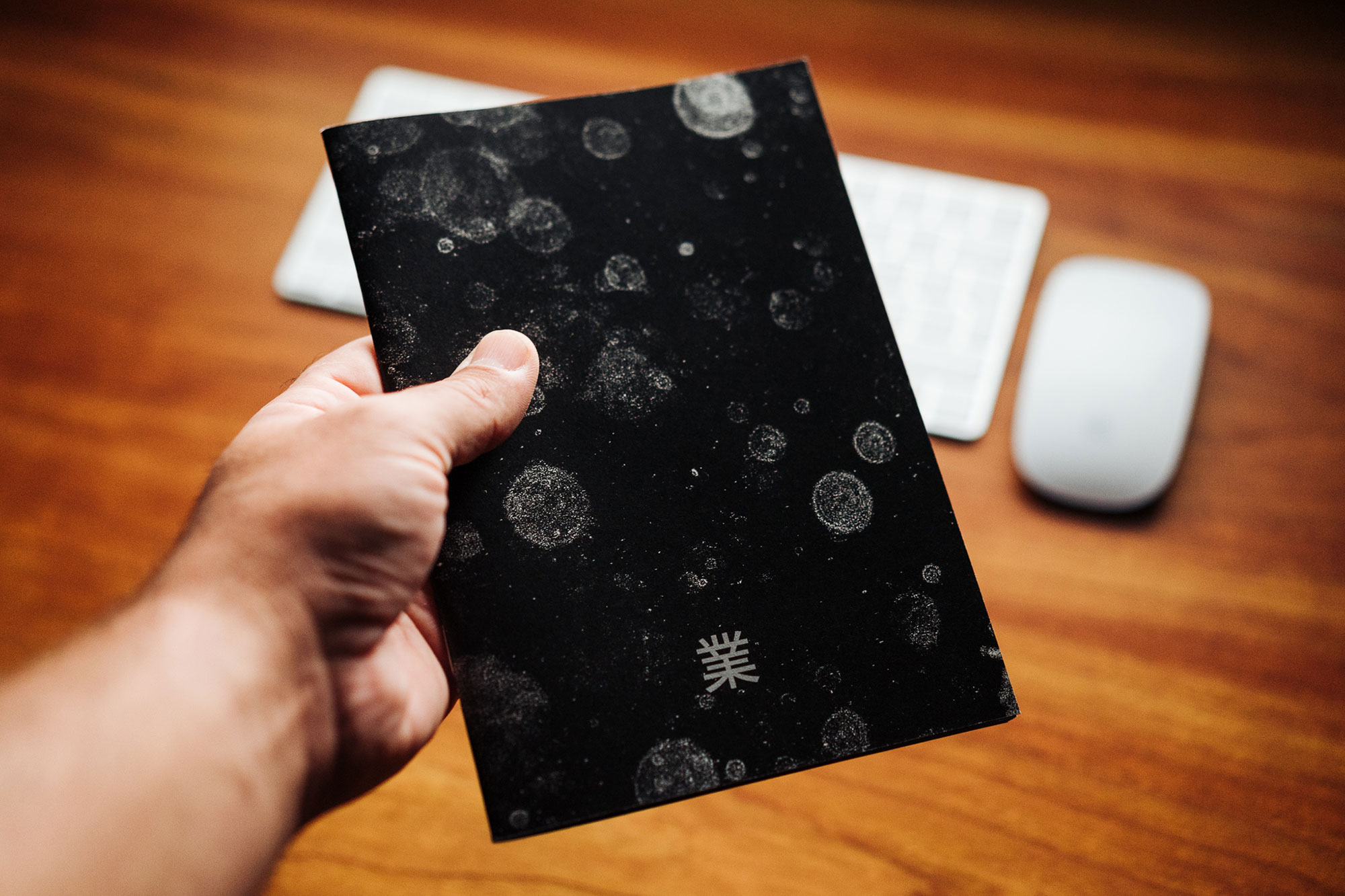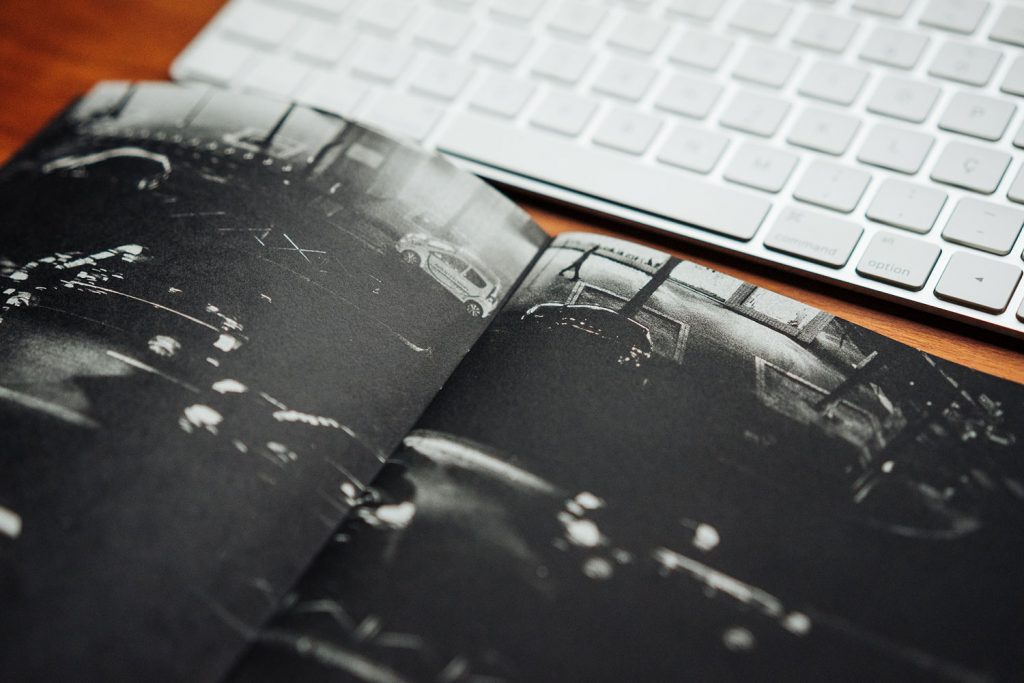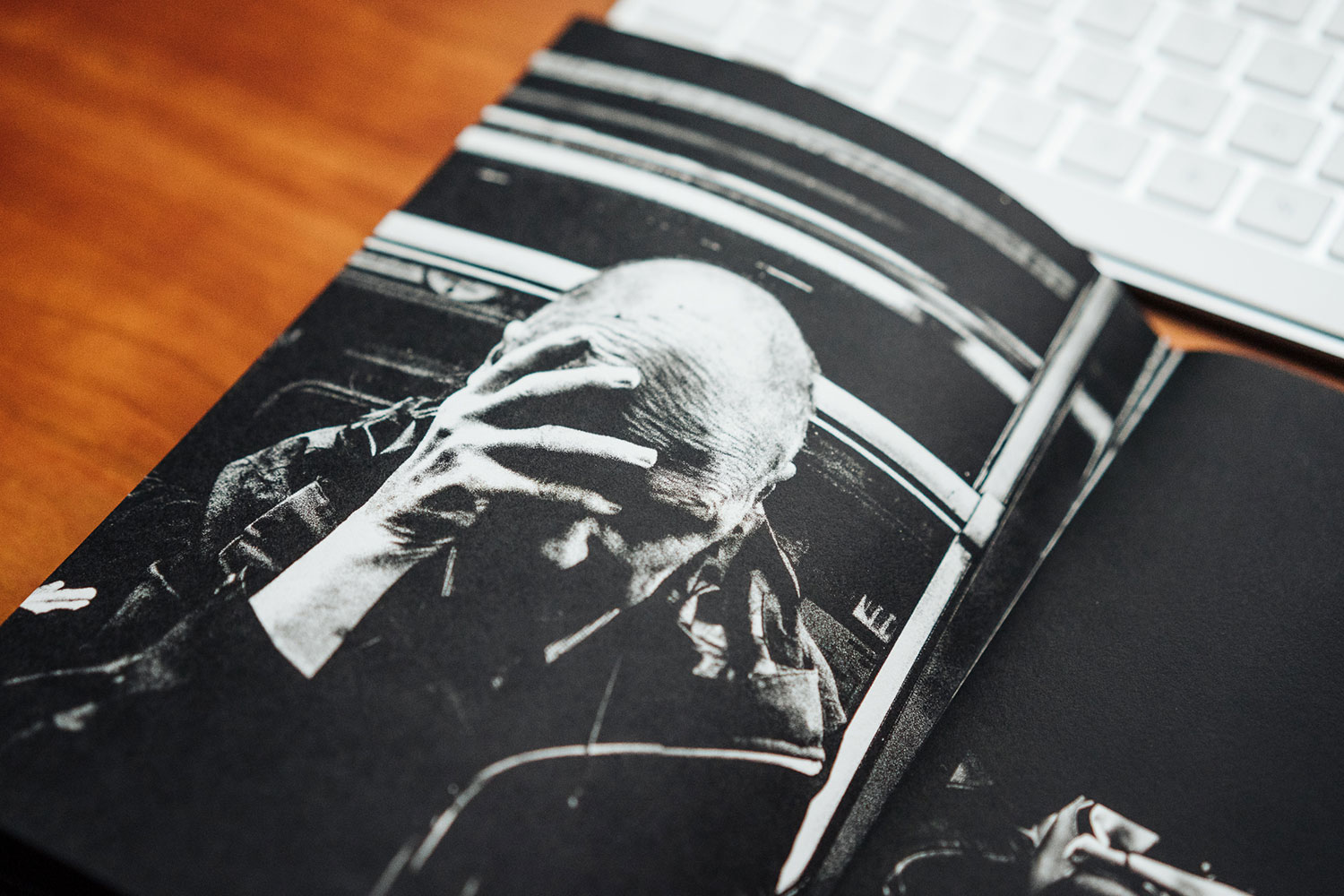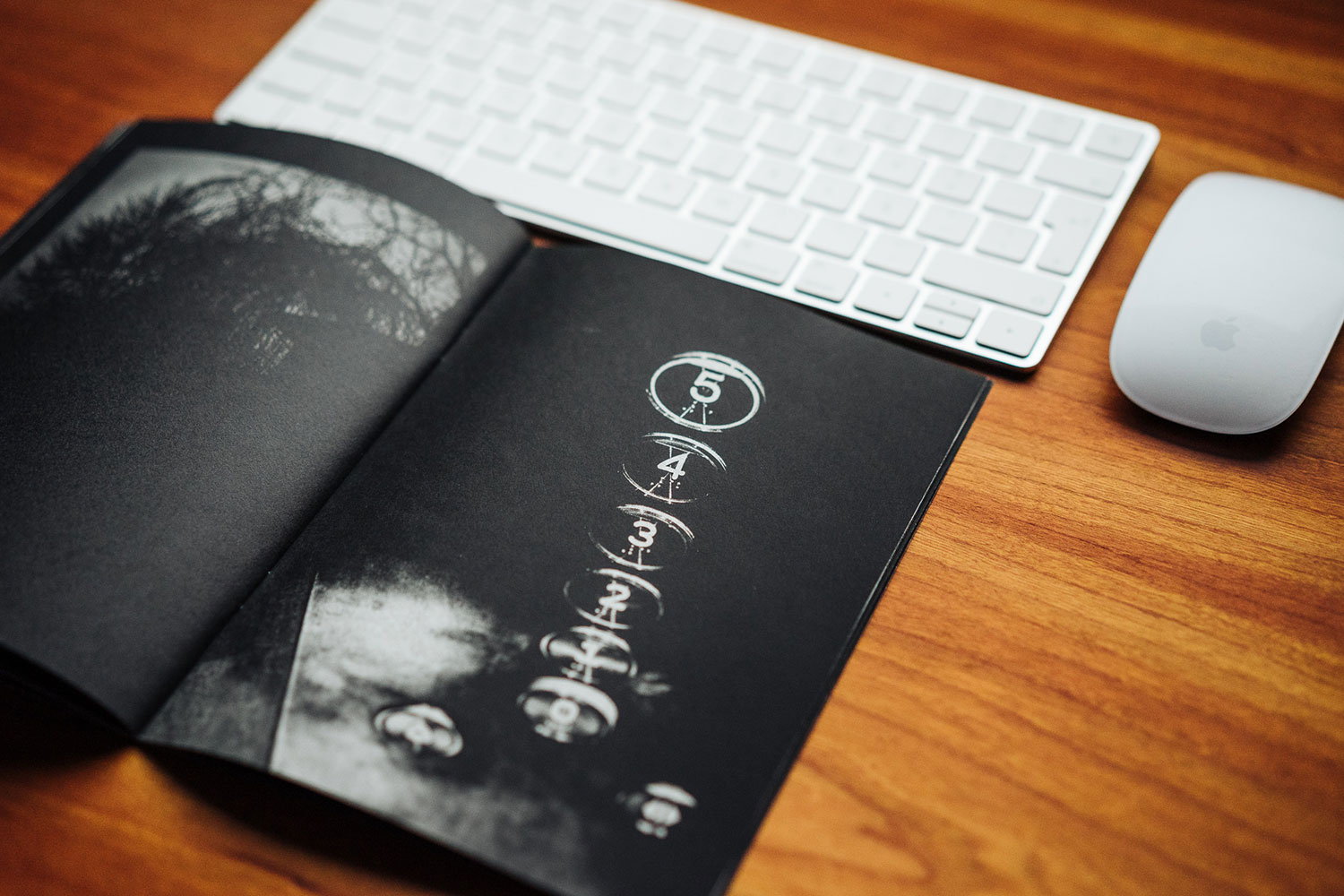Photography Zines – Why paper-based publications are still relevant today
I cannot say that I have a huge collection of photography books, but for years I have been adding to my small private library some titles by the authors that I most appreciate. However, very recently I surrendered to the passionate and vibrant world of zines. And there is a good reason for that.
I see a book as a collector’s object, a work of art that I keep as a treasure and often revisit as if I were visiting an exhibition, sometimes in search of inspiration for my next project. However, due to a variety of factors such as the high circulation and the costs of production involved, books are works that are generally the outcome of long-term projects, in some cases, almost a decade. Just look at the work of Sebastião Salgado and how many years it took to design one of his masterpieces, the GENESIS book.
Books are mature pieces of work – with all their virtues, but they lack a certain irreverence and boldness. The burden of editing a book can be a deterrent to experimenting and working on small short-term projects. In a way, books limit spontaneity.
And this is where zines play a key role. Being an independent and small-circulation of self-published work, they allow the artist a certain degree of freedom to create without any kind of boundaries. It’s possible to create freely without any limitations or conditions imposed by the publisher, and it’s in these cases that the best work is born and sees the light of day. That’s when artists genuinely reveal themselves.
Think of the case of Japanese magazine PROVOKE and the influence it had on the entire world panorama of photography.
Because zines can have runs as small as 50 or 100 copies, this gives them another aspect, they become limited editions, in many cases, highly collectable. And anyone can do it, without the need for large resources. Ultimately, anyone can even take photocopies and staple the zines at home.
And finally, this long introduction takes me to the reason why I write today. I was fortunate to (virtually) meet Italian photographer Alberto Dall’Osso @danzorg and interview him for issue #52 of the Fuji X Passion magazine.
His photographs impressed me from the start. Dark and blurred images, sometimes out of focus, with an immense emotional charge, it is impossible to remain indifferent to his work. When Alberto asked me for the address because he wanted to send me his FACELESS zine, every day I checked my mailbox like a child waiting for Christmas Eve.
When I opened it for the first time, it exceeded all my expectations. By definition, a zine is an economic publication, often reproduced via a photocopier, but it was not the case here. Printed on good, thick paper, quite interesting print quality, with well-contrasted images and deep blacks. Definitely, a highly collectable piece of work.
Receiving this zine made me want to write about it and reflect on why zines are still relevant today.
• First, because there are good people in this world – Thanks, Alberto!
• Second, because zines are an excellent way to express ourselves as artists and leave something of ours in this world. Say, 10 years from now, the hundreds of photos that you have published today on your Instagram account, where do you think they will be? Do you think they will still exist? That someone will see them? Will Instagram still exist?
• Third, because unlike books, bulky and heavy, this zine format promotes their sharing. We can carry them everywhere, show them to others.
Printing my work is not exactly a novelty for me, as I have already created lots of printed albums, but they are usually editions of a single copy with family photographs. Therefore, nothing in this format. But maybe this was the trigger needed for me to think differently and very soon start editing zines with some of my projects.
To conclude, I wanted to leave you all the challenge of embodying your work, of materializing it into a physical object and creating your own zine. And if you already did that, please share a link to your zines below in the comments.
Hugo Pinho
Co-founder and editor at Fuji X Passion
www.hugopinho.com












